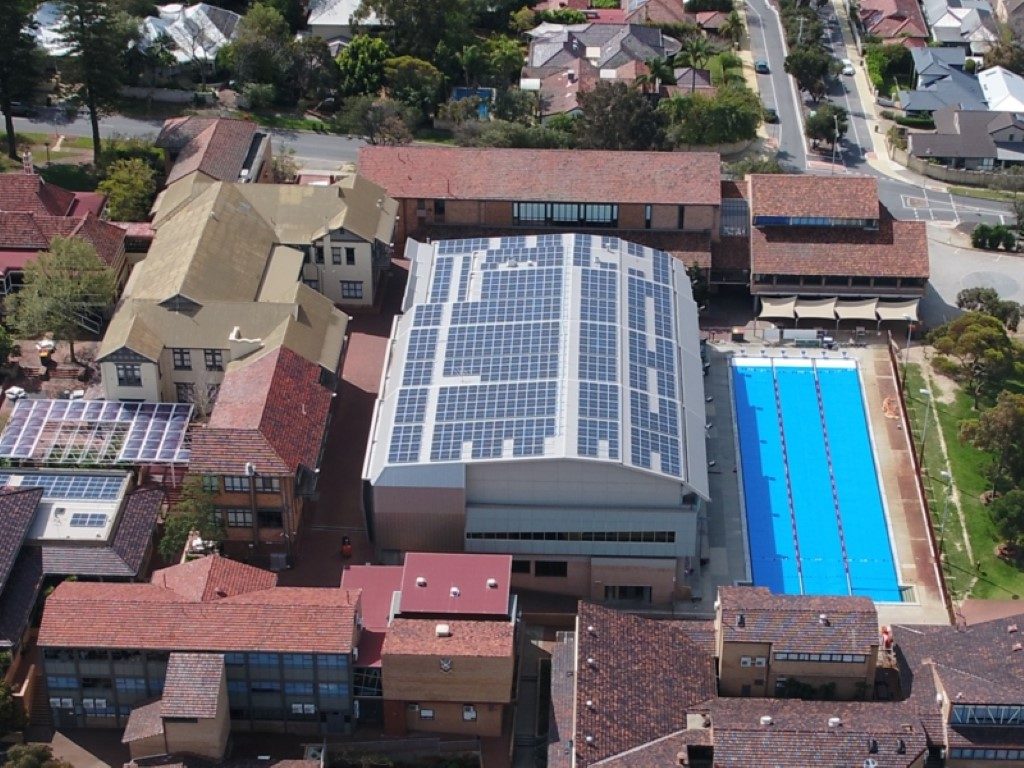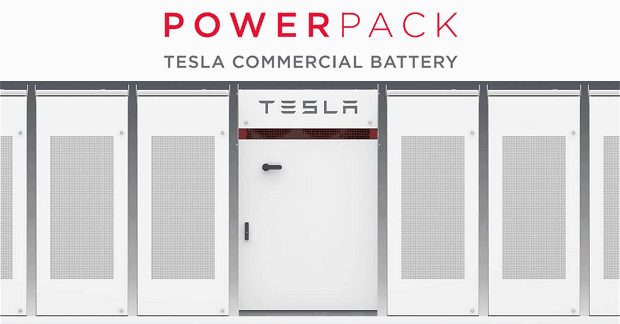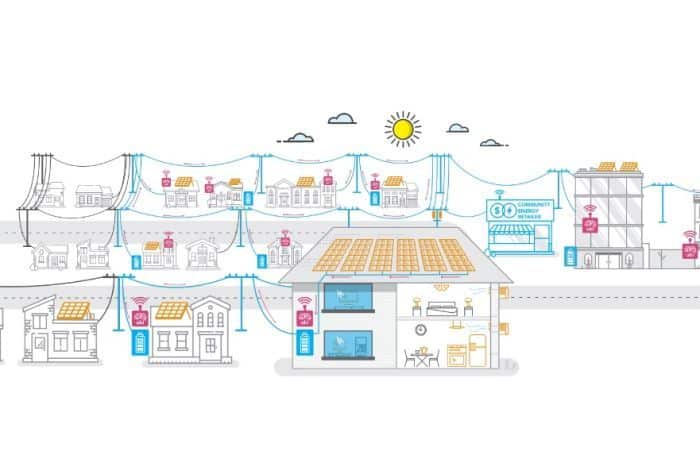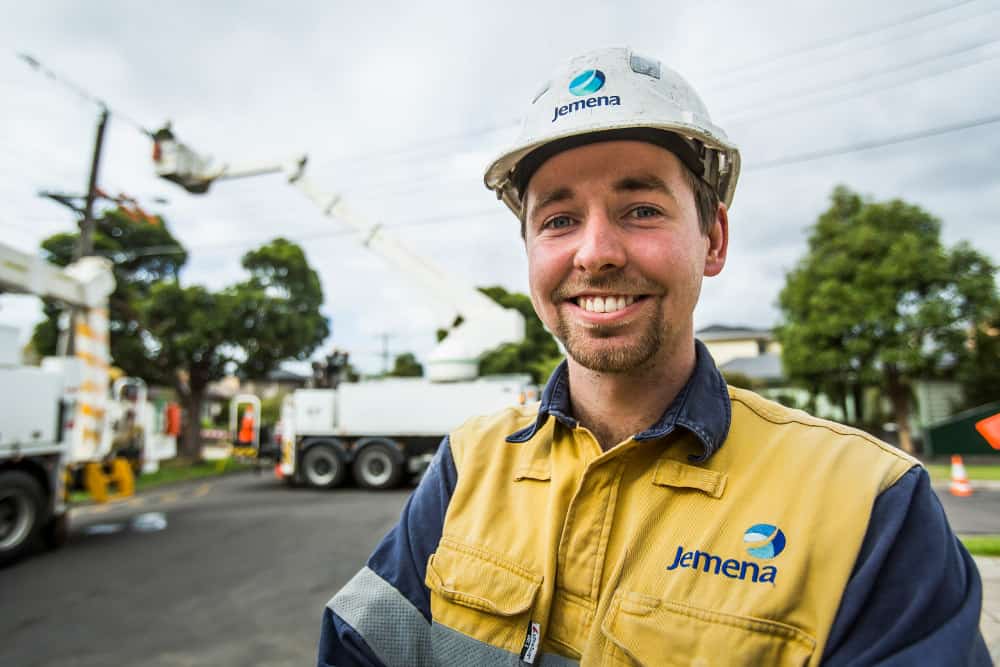Scotch College, a private school founded in 1897 in Perth, has installed 512kW of rooftop solar across multiple rooftops on its premises with the goal of saving around $235,000 a year on energy costs. Another great step in the right direction for solar schools!
Scotch College Solar System| Perth School Solar

Scotch College installed a large-scale PV solar system at their school, with 1,280 photovoltaic solar panels (enough to cover 10 tennis courts) now currently generating 512kW of solar power. According to an article on One Step Off The Grid, this 512kW is expected to cover 26% of the school’s energy needs.
It has been installed by Verdia , who were also responsible for financing a 1.7MW, $3.2 million PV solar system at the CSU Wagga Wagga campus late last year, and are helping Stockland Shopping Centres out with their gigantic commercial solar rollout (they’ve worked on Stockland Merrylands and Stockland Caloundra most recently).
“It’s cheaper and cleaner than grid power and is a working example to students of a 21st century distributed power system,” said Verdia CEO Paul Peters.
“The 512-kilowatt rooftop solar system has been installed across multiple buildings within the senior, junior/middle and maintenance school areas. It will replace about 26% percent of grid electricity use on-site with emission free, renewable power.” he continued.
According to an official post about the Scotch College Solar System on the Verdia website, the solar project is expected to pay for itself in just under five years and it will save the school $4m in reduced energy costs over the life of the assets.
If you’re interested in learning more about the options for adding solar power to schools and classrooms, you can also read our article from earlier this year about the Hivvee solar powered school classrooms currently being trialled in NSW.





